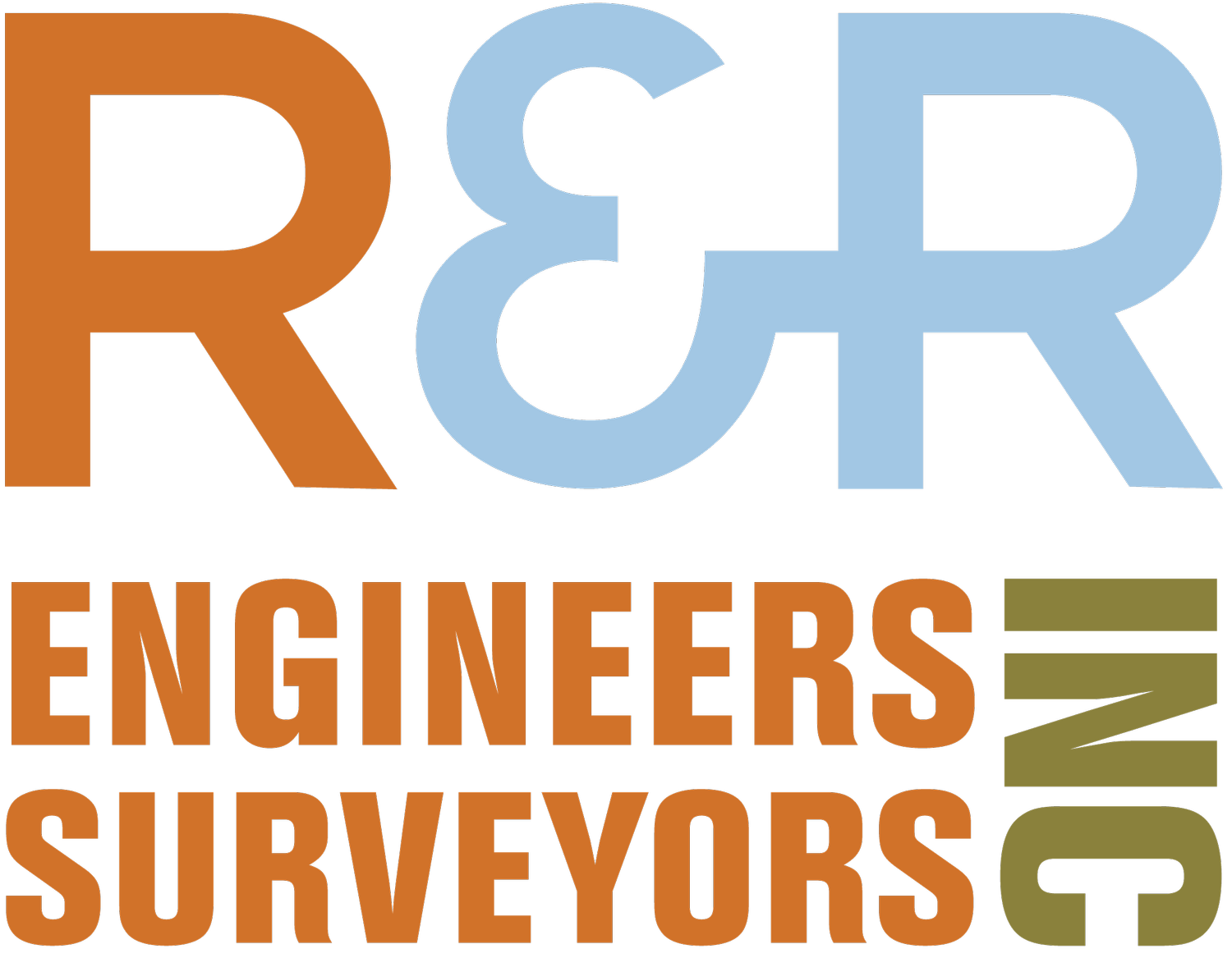UNDERSTANDING PUBLIC RIGHT OF WAY
R&R has extensive experience with handling public right-of-way entitlements and processes, typically for vacating existing
public right-of-way or in dedicating portions of private land to the public right-of-way as a condition of private development.
Specific to the City and County of Denver many public alleys and sidewalks currently do not have adequate widths to meet new
Department of Transportation and Infrastructure (DOTI) code.
As a result, public right-of-way dedication to the City has increasingly been required for new developments as a requirement
of adhering to City code. This right-of-way dedication is notably different than eminent domain or seizure of blighted property
as it is the private developer seeking changes to the site rather than the City.
An initial concept review submittal is critical to receive written comments for each City department (life safety, DOTI,
forestry, Denver Water, etc.) with their right-of-way dedication request clearly defined with explanations as to why. This sets
the foundation for future conversations with City reviewers regarding the need for public right-of-way and areas of discussion
and if City intentions can be met with access easements or other legal options (e.g. pedestrian traffic/access, utility
maintenance access, site-specific needs).
Having the right consultant team that knows urban design, and city code, and has the relationships to work with City staff is key.
For past projects such as McGregor Square, Ramble Hotel, 101 N. Broadway, and One City Block we had many commonsense
conversations with City reviewers and design team staff, contributing to compromises and creative alternatives. One
such creative alternative is utilizing horizontal land for leverage in approving more vertical buildings. Having the City agree
to variances in code for extra height allowance may be able to offset the loss of land due to public right-of-way dedication.
R&R would recommend having a government affairs consultant involved that understands City code and processes that can
influence political will to align with project goals. From our experience, developers who engage knowledgeable and creative
consultants who understand local code requirements and respect local politics have a shorter and more productive time
navigating for approvals compared to those that don’t.
We have seen the City be amenable to creative solutions, but we also have seen delays in the entitlement process due to
clients who expected the City to make concessions due to their project’s positive economic impact. R&R will work tirelessly
on your behalf to seek your desired outcomes while keeping the project moving forward.

